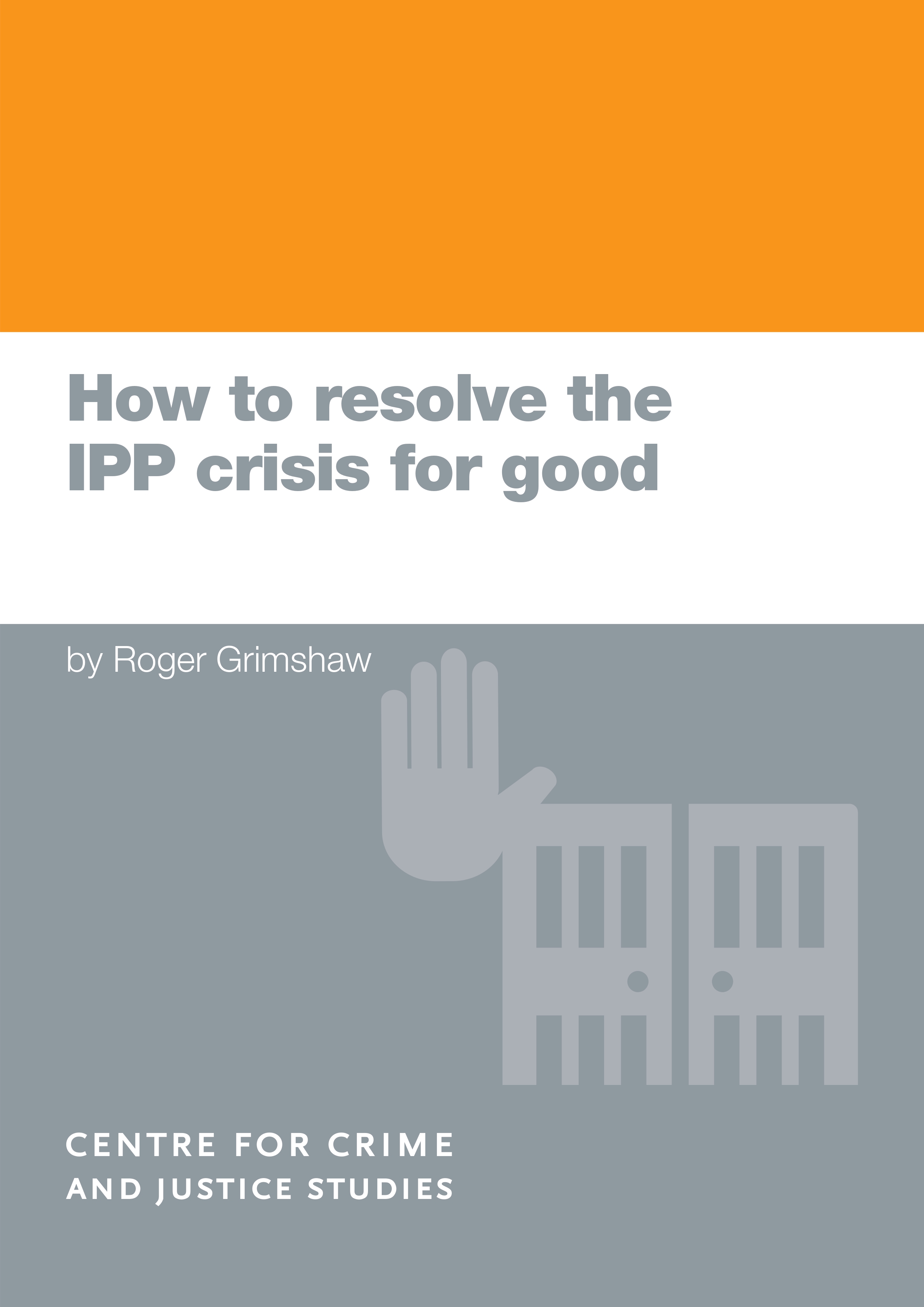This report sets out a five-point plan to resolve the 21-year injustice of the Imprisonment for Public Protection (IPP) sentence.
Described as the “greatest single stain” on the UK’s criminal justice system, by the former Supreme Court Justice, Lord Browne Eaton-Under-Heywood, the IPP sentence was partially abolished in 2012. Yet nearly 3,000 IPP prisoners remain behind bars today, because the 2012 abolition was not retrospective, meaning that it did not apply to those already under the sentence.
How to resolve the IPP crisis for good sets out a five-point plan for resolving the IPP injustice once and for all, including measures designed to protect the most despairing prisoners, reduce numbers of those under IPP unnecessarily filling prisons, and prevent future similar crises.
The five-point plan calls on the UK Government to:
- Release the most distressed prisoners on compassionate grounds.
- Launch a recovery and reparations programme for IPP prisoners.
- Ease restrictions for over-tariff IPP prisoners still in custody.
- Commit to review all forms of preventive detention.
- Complete a resentencing exercise for all those under an IPP as soon as possible.
How to resolve the IPP crisis for good also offers a comprehensive analysis of the House of Commons Justice Committee report on IPP, which in 2022 called for wholesale reform, as well as the UK government’s piecemeal and ineffective response.
It also argues that recent Government-proposed changes to IPP licence periods – bringing automatic licence termination down from ten years to five years following release – will not solve the crisis, due to the high proportion of recalls occurring within the first five years. Licence period changes also do nothing to expedite the release of the nearly 3,000 IPP prisoners currently behind bars, more than 1,000 of which have never been released.
Report author, Dr Roger Grimshaw, the Centre’s research director, said:
Thousands of prisoners arbitrarily labelled as dangerous years ago are still trapped in a labyrinthine, failing system condemned as torturous. A mountain of evidence was collected by the Justice Committee urging a comprehensive reform, only to be answered by half-measures and promises.
Our five-point plan can be started immediately, setting out pathways to safe release; delay can only leave the prisons crisis spiralling further downwards.
Selected coverage
- ‘“Most distressed’” IPP prisoners should be immediately released, charity says’, MailOnline, 22 February 2024
- ‘“Most distressed” IPP prisoners should be immediately released, charity says’, The Independent, 22 February 2024
- ‘“Most distressed” IPP prisoners should be immediately released, charity says’, Evening Standard, 22 February 2024
- Aasmah Mir and Stig Abell, Times Radio, 22 February 2024 (28 minutes into recording)
- ‘A 5-Point Plan To Resolve The IPP Crisis’, Russell Webster, 23 February 2024
- IPP: More suicides than serious further offences, Inside Time, 26 February 2024
